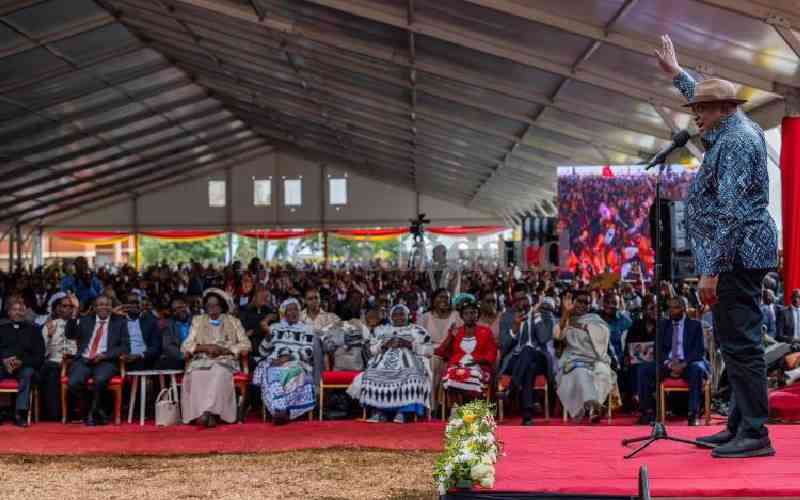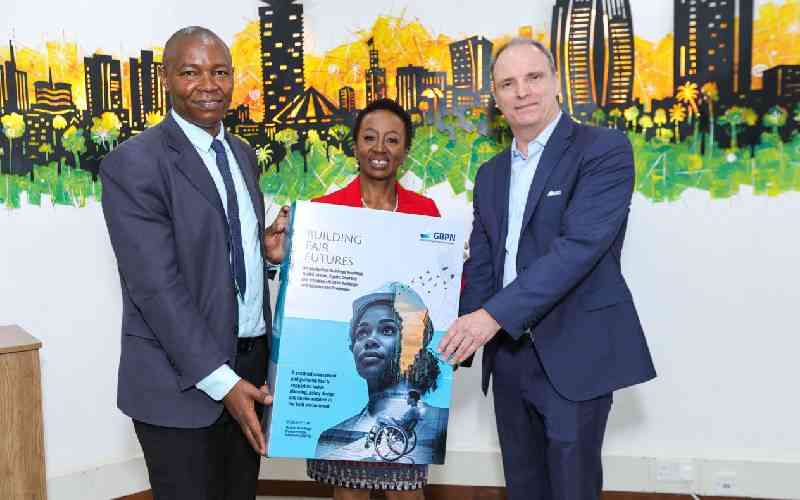×
The Standard e-Paper
Fearless, Trusted News

Abraham Lincoln, the 16th US President, crafted a strategy called the 'Team of rivals' to unite his nation.
Amid the civil war, he appointed his fiercest critics to key positions as he sought to end rifts between the North and South in 1861. Mr Lincoln's philosophy of embracing rivals for greater good paid off.






